Puppy & Kitten Exams

Establishing a preventative care plan in a young animal is essential for a long and happy life. For only the first few weeks of a young animal's life is it protected by antibodies from its mother.
After that point an effective vaccination and deworming protocol is necessary to prevent disease. Our veterinarians will teach you about disease prevention in your new family member so that you will feed confident in their care.
Examinations
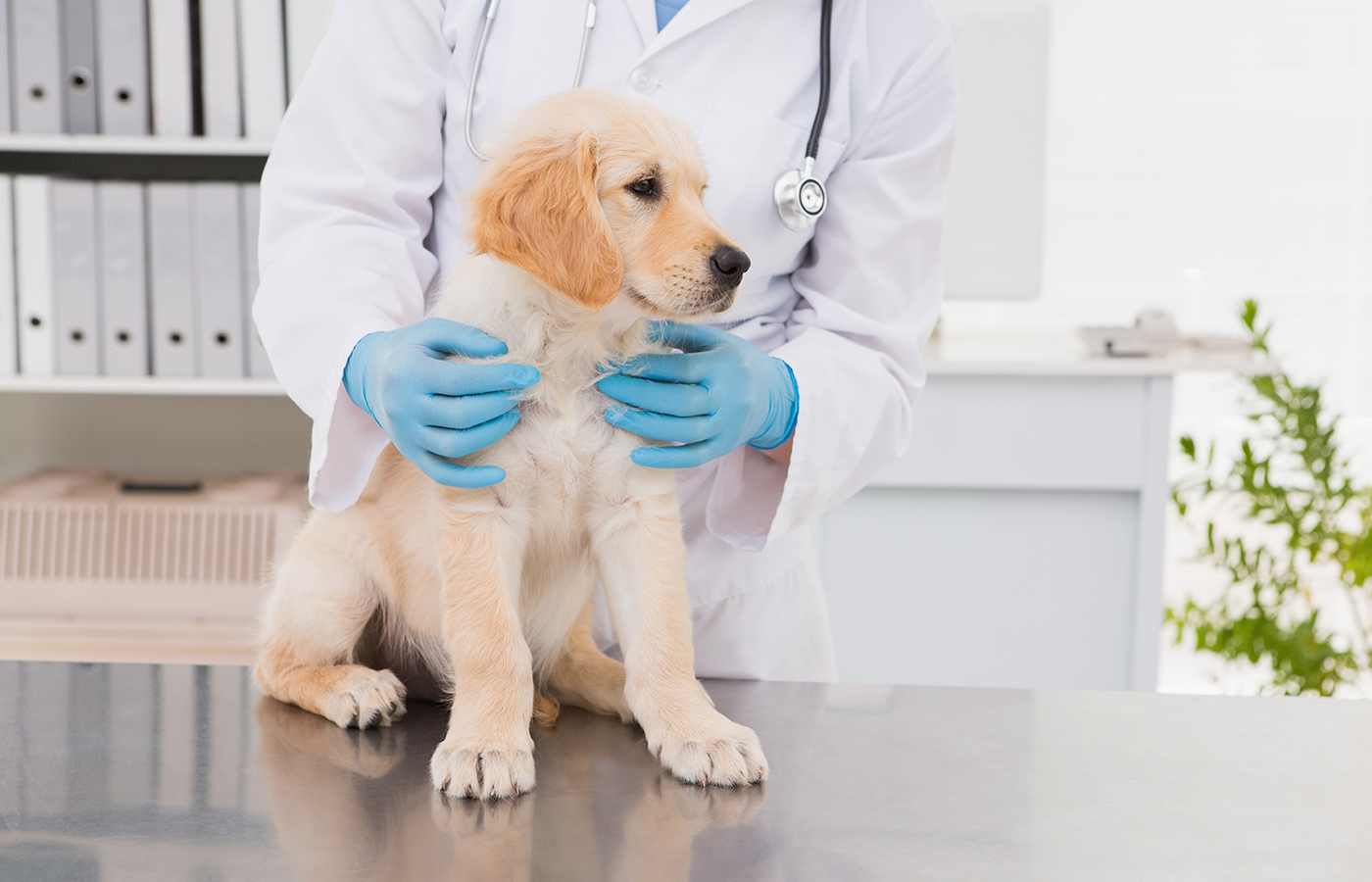
Our wellness program is based on disease prevention. Exams are the first step in this prevention. A thorough physical exam helps potential problems and expedite a proper treatment plan.
The animals and the owners who care for them. With your help, our veterinarians will determine the best blood screening, equal testing, vaccines, and preventative medications that are right for your dog or cat.
Dental Prophylaxis
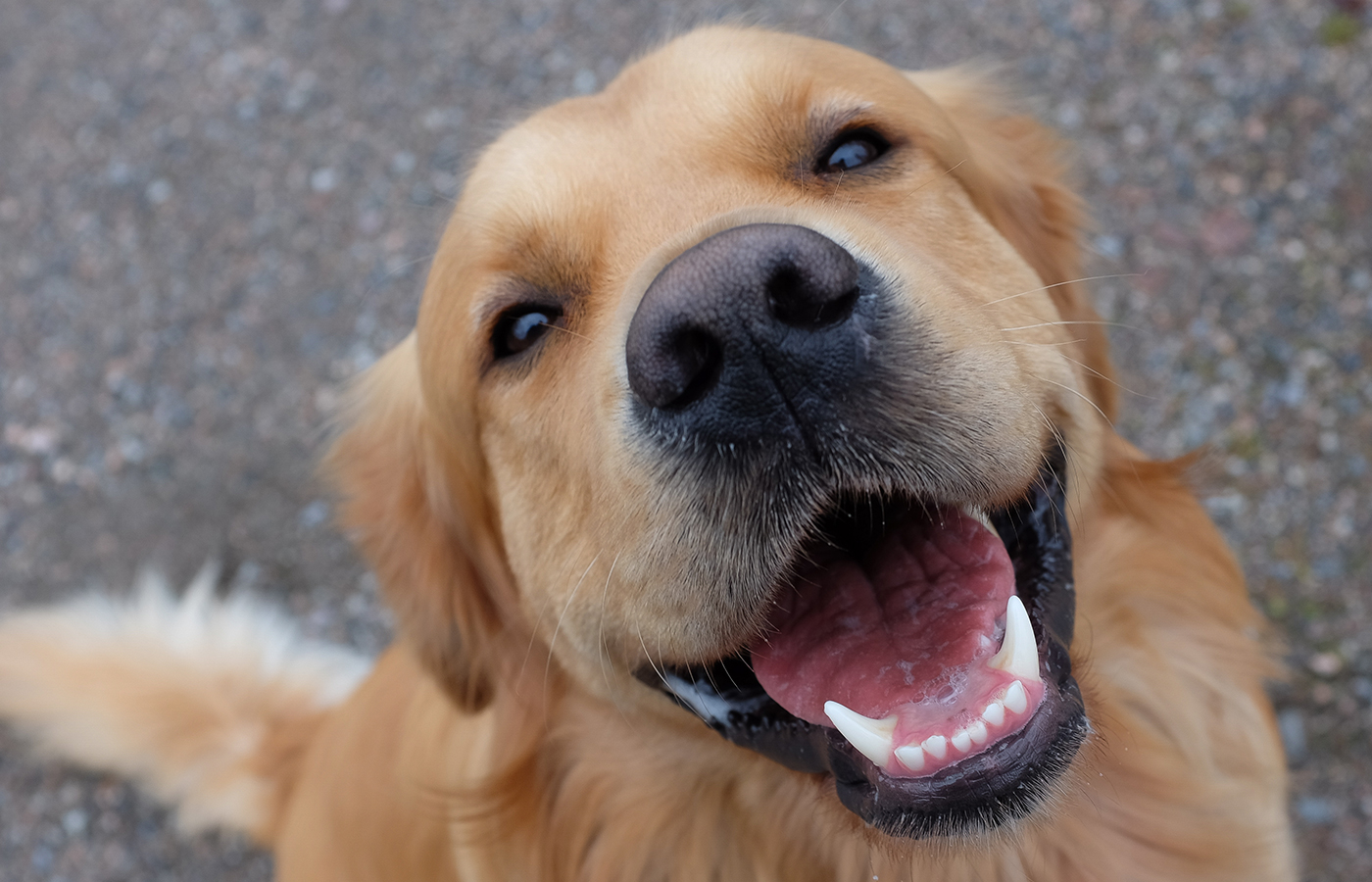
Dentals are needed every few years every year depending on the age and breed of your pets. The dental includes an oral exam, calculus removal, sub gingival (below the gum line) scaling, and tooth polishing. Anesthesia is necessary when performing a dental.
Anesthesia provides immobilization in order to clean below the gum line, pain control, and the ability to place an endotracheal tube, so bacterial products do not enter the respiratory system.
Digital Radiography
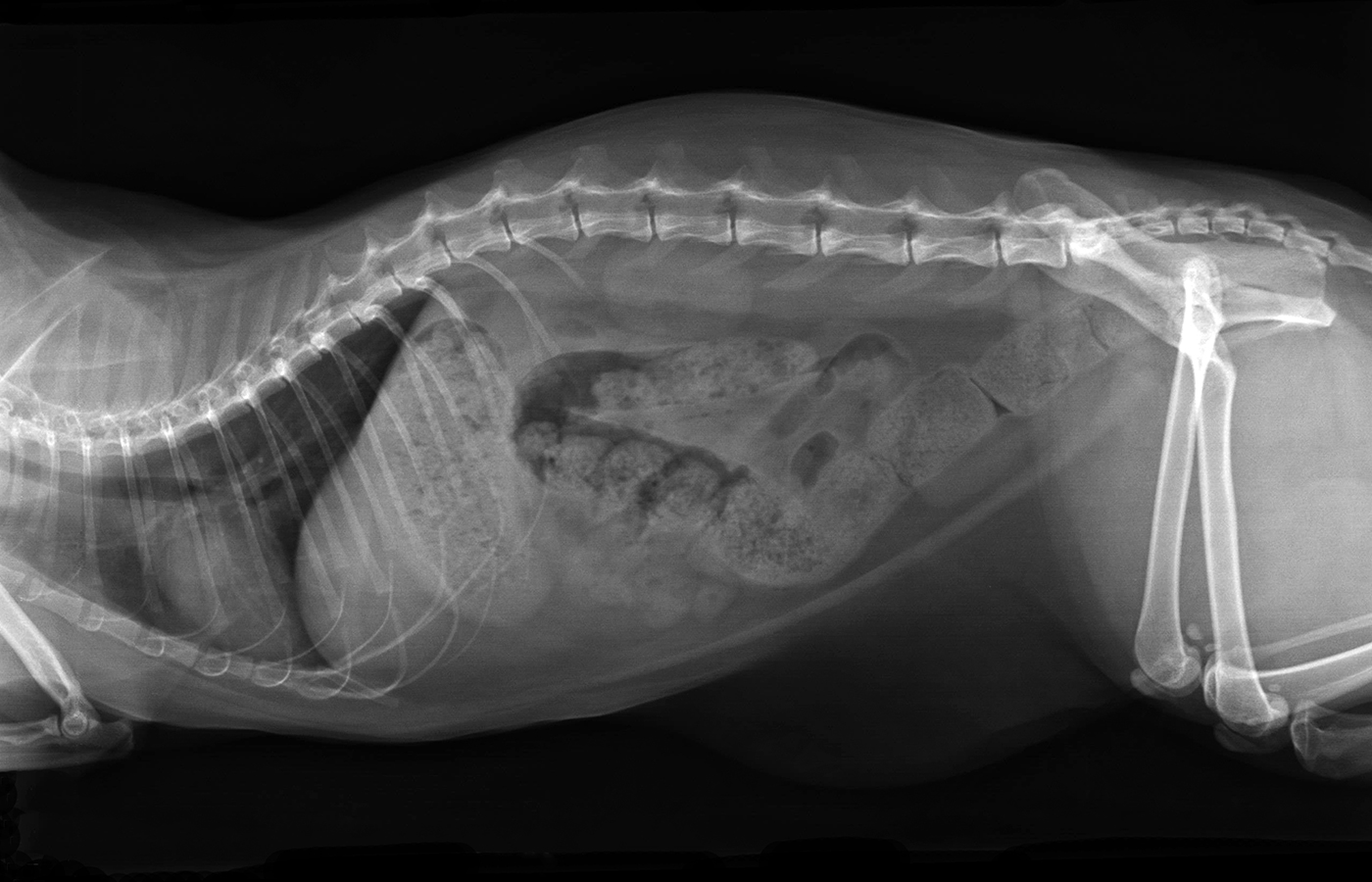
Digital X-Rays allows for a greater evaluation of the internal structures. In addition, addition, the digital technology requires less X-Ray beam exposure, which is safer for your pets.
Laboratory Services
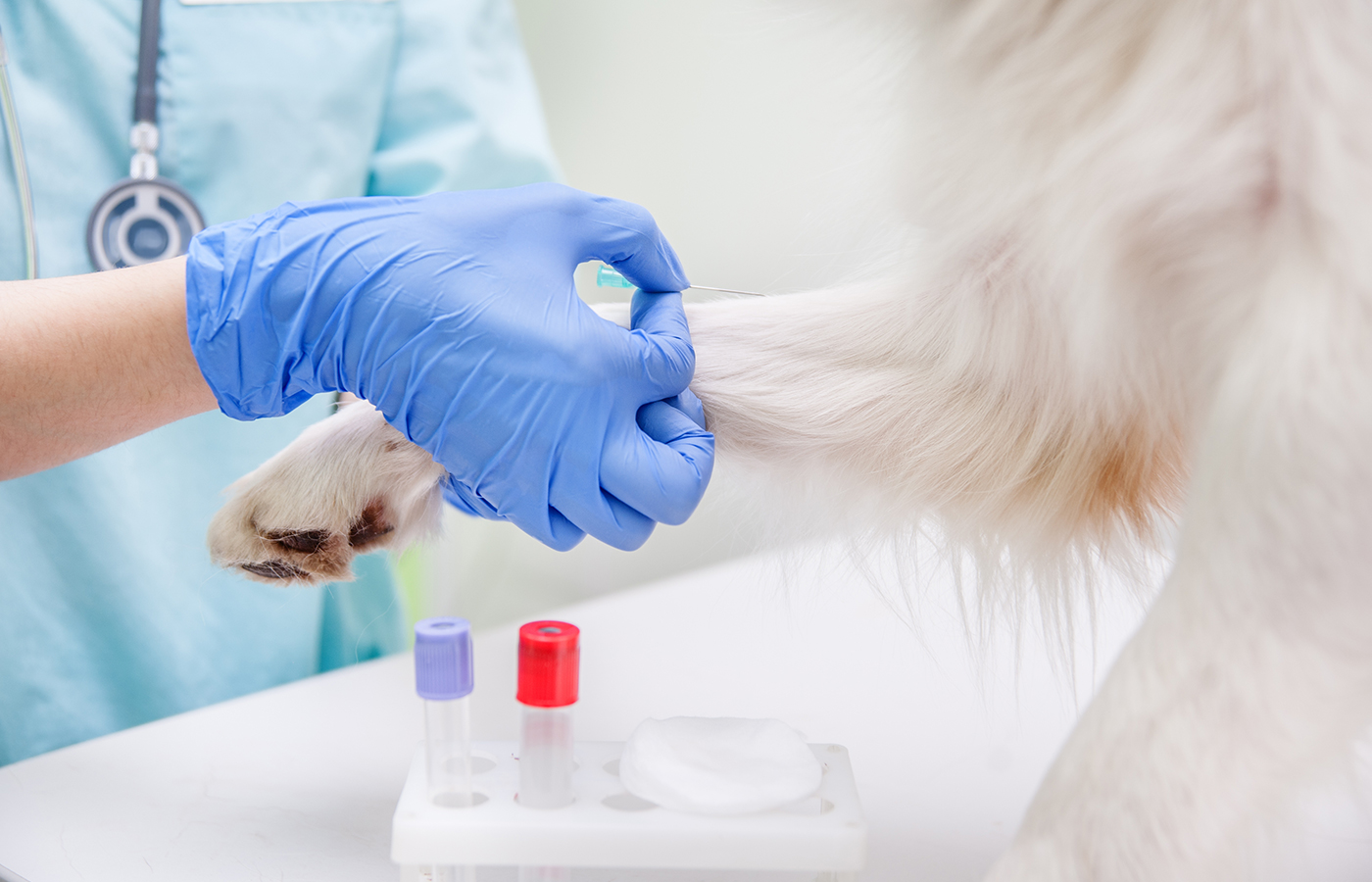
Diagnostic tests are indispensable to the diagnosis of diseases and other conditions. Our hospital provides reasonably priced in-house testing for heartworm disease, feline retroviral diseases, urinalysis, cytology, fecal exams as well as CBC and blood chemistry panels.
We also utilize outside laboratories with state of the art facilities who can perform various specialized blood and other clinical pathology testing.
Laser Surgery
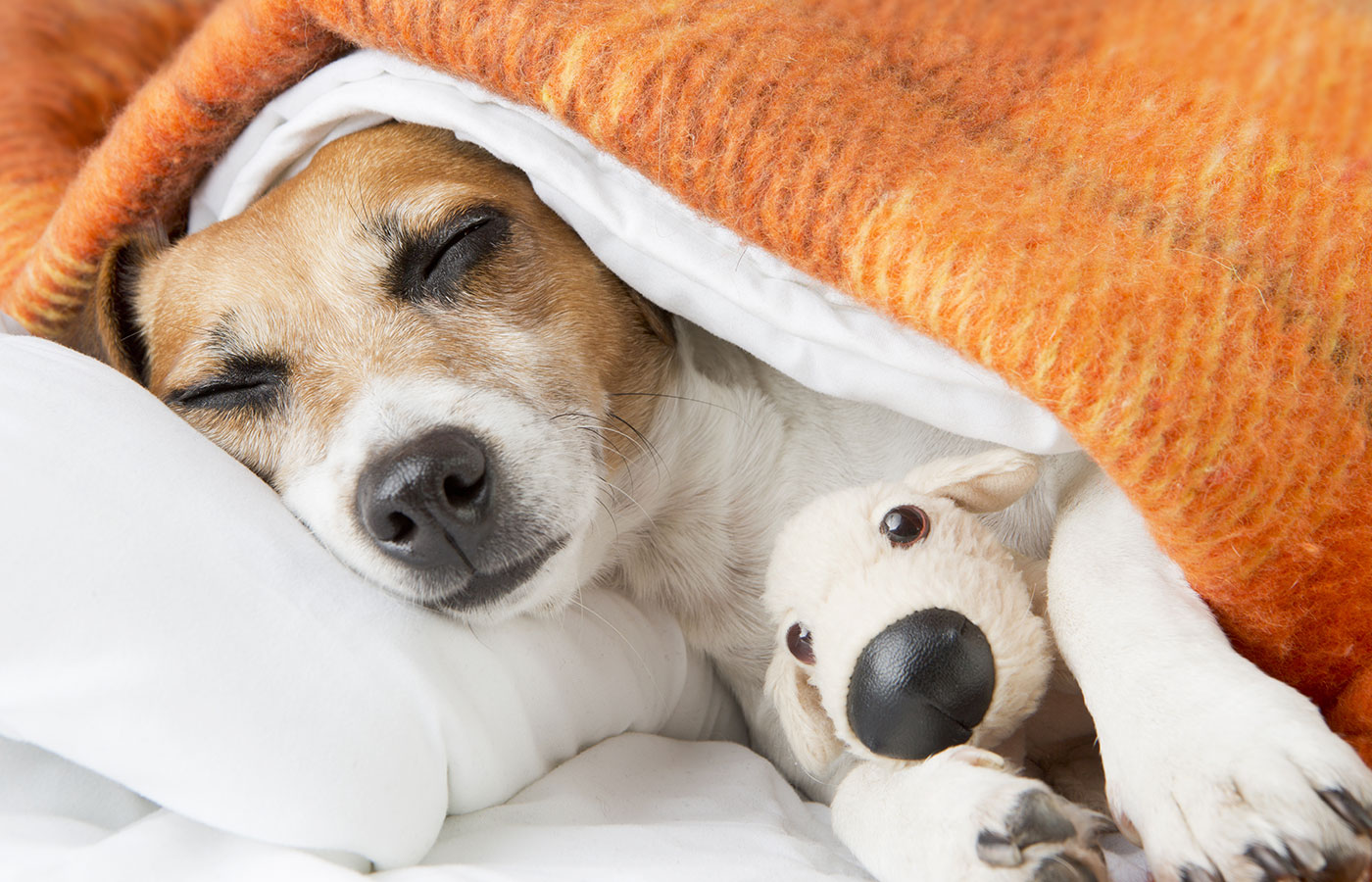
LASER (Abbreviation for "light amplification by stimulated emission of radiation) is a device that produces highly concentrated. Interaction a laser light with living tissue provides a fundamentally different approach to surgery and conventional scalpel procedures.
An intensely hot, precisely because laser beam instantly vaporizes the tissue wall ceiling capillaries, small blood vessels, lymphatics, and nerve endings, with excellent clinical outcomes. This will help reduce perioperative pain, Swelling and bleeding during surgery for the patient. All procedures are performed with the cutting edge surgical laser.
Emergencies
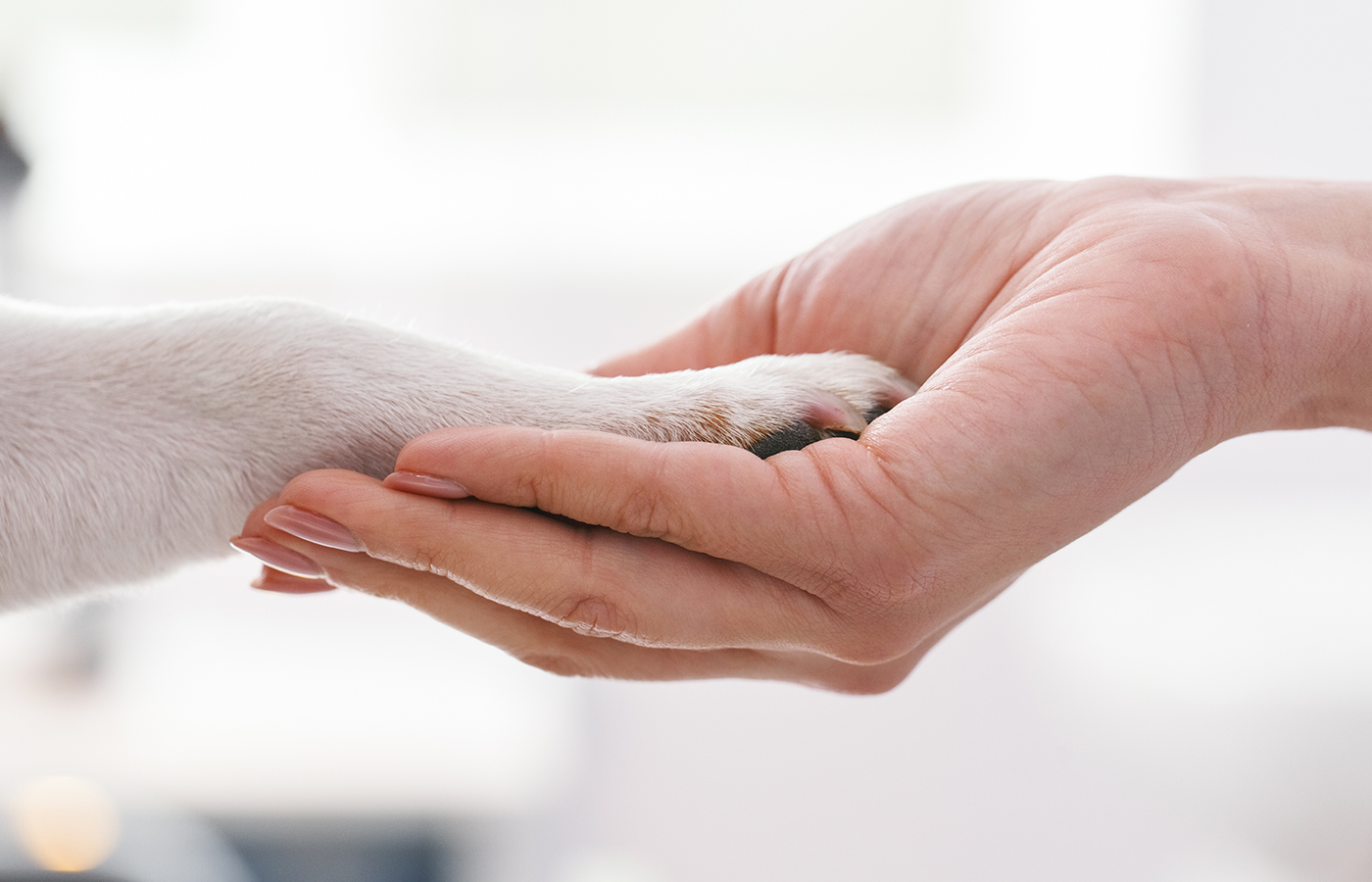
24 Hr Emergency Service - Emergencies can happen at any time of the day. We provide 24 hour service to our clients to ensure our patients safety and health. Our veterinarians are available to determine if your animal needs immediate attention and can provide assistance if necessary.
If our veterinarians determine that a referral would be best for your pet, they will help you coordinate this process in order to make a smooth transition for everyone. We understand that emergencies can happen at any time, and that it is a very stressful time for you and your pet. It is our goal to assist you in handling the emergency in any way we can. If you have a pet emergency please call us at 636-451-4655 immediately.
Emergencies are accepted anytime during office hours. If you feel you have an emergency with your pet, it is best to call us before coming in so that a staff member can advise you on your particular emergency but we understand that can not be always the case. Usually an emergency team consists of at least one veterinarian and several technicians working together to save a pet's life.
Emergencies can be things such as bloat, hit by car, open wounds, toxin ingestion or exposure, such a rat poison or antifreeze. If you ever feel that your pet needs emergency treatment do not hesitate to call and come in immediately.
https://www.vssstl.com/emergency.html
https://www.midwestvetreferral.com
https://avsstl.com/
https://www.stlouisanimalemergencyclinic.org/contact-us/
After Hour Emergency Care- Our After Hour Emergency Care is by phone call only. Please call us at 636-451-4655, listen to the message and it will prompt you on what to do.
Emergencies are accepted anytime during office hours. If you feel you have an emergency with your pet, it is best to call us before coming in so that a staff member can advise you on your particular emergency but we understand that can not be always the case. Usually an emergency team consists of at least one veterinarian and several technicians working together to save a pet's life.
Emergencies can be things such as bloat, hit by car, open wounds, toxin ingestion or exposure, such a rat poison or antifreeze. If you ever feel that your pet needs emergency treatment do not hesitate to call and come in immediately.
https://www.vssstl.com/emergency.html
https://www.midwestvetreferral.com
https://avsstl.com/
https://www.stlouisanimalemergencyclinic.org/contact-us/
After Hour Emergency Care- Our After Hour Emergency Care is by phone call only. Please call us at 636-451-4655, listen to the message and it will prompt you on what to do.
Class IV Therapeutic Laser
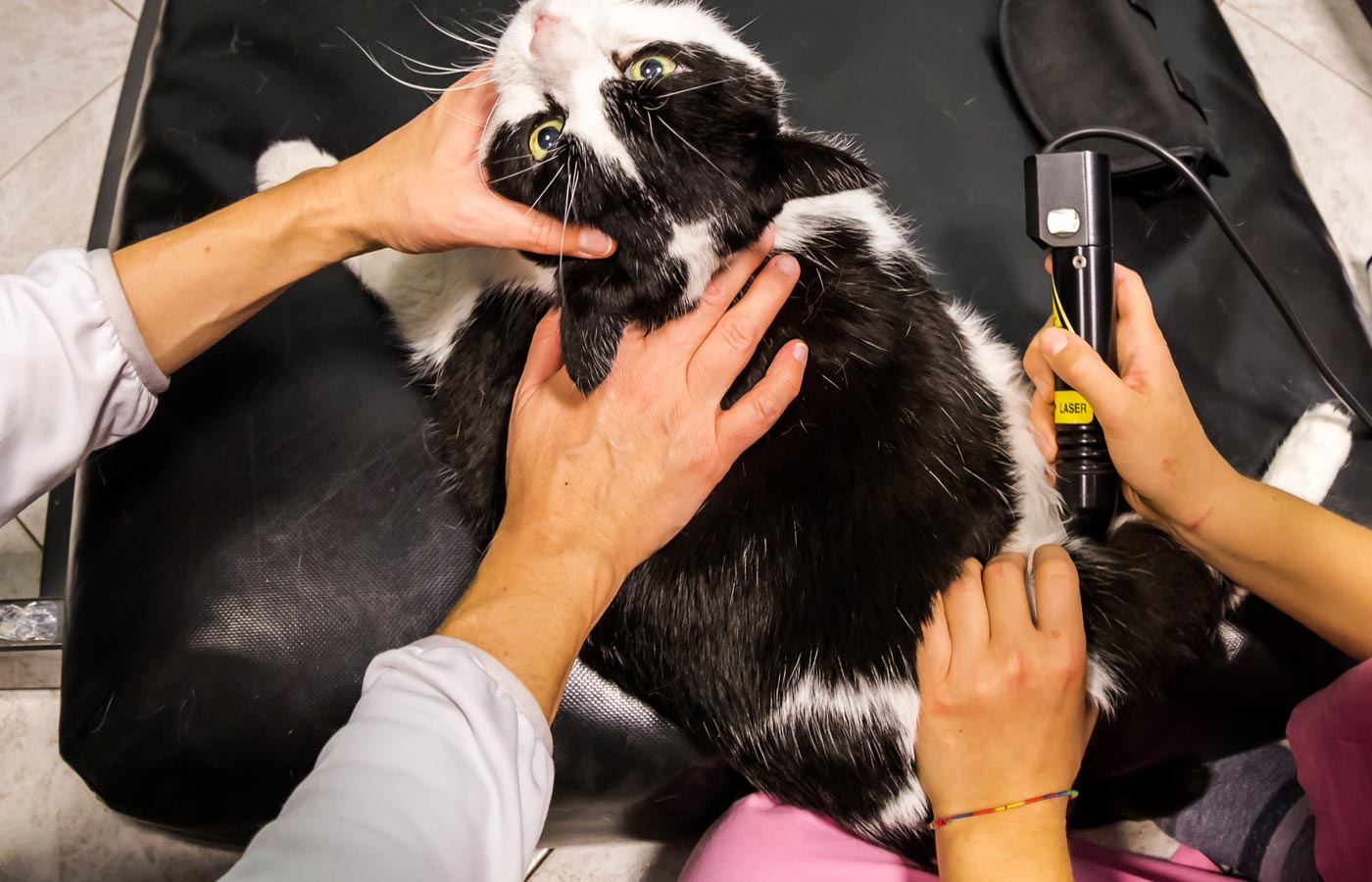
Class IV Laser therapy makes it possible to concentrate and transfer a very high quantity of energy on a specific surface. Our body transforms this bright energy into chemical energy through cellular mechanisms.
This process translates into a reduction in healing time for the patient, decrease in pain, inflammation, swelling, as well as in recovery time in general. This kind of treatment does not expose the patient to risks and RVT's have been trained on how to safely delivered the therapy. K-laser treatment requires no sedation, only last five minutes, and seems to be enjoyable to our patients as the treatment has a warming affect on the tissue being treated.
Anesthesia

At Homestead Veterinary Hospital (HVH) we take nothing more serious than anesthesia. Our highly trained Registered Veterinary Technicians are able to recognize potential anesthetic problems as they are occurring.
The early detection, plus direct access to the vein with catheter placement allows for life-saving intervention is needed.

